Globally, domestic animals have shifted from being merely "pets" and are progressively referred to as "fur kids", becoming included as part of the family nucleus. This leads to pets being featured more prominently in their owners' lives, including via social media. In Taiwan, not only is companionship the role of a pet, but they are also regarded as an accessory; pets are becoming a reflection of personal identity, reflecting a pet owner's style and personality, driven by the age-old influence of status in Taiwanese culture. Cats in particular are becoming more popular as pets, clocking the strongest growth in ownership in 2017 compared to dogs, fish, birds, small mammals, and reptiles.
This led to 17 per cent value growth of cat food in 2017, in contrast to dog food's more conservative 7 per cent. The rising popularity of cat ownership has a positive effect on cat litter sales as well. It is also worth noting that these absolute sales have risen substantially since 2012, among all categories. Pet shops will continue to play a major role, given that they generate 53 per cent of total pet care retail sales.
Rising demands
The increasing importance of a pet's welfare has led to growing demand from owners for better quality products, in addition to being cute-looking and Instagram-worthy. Within pet food, health is a growing influence, with preference for products promoting longevity and illness prevention. In particular, products with a natural positioning have higher demand among Taiwanese pet owners, and leading local players have been quick to drive new product development along this theme.
Growing at a slower pace
Pet humanisation and premium products drove global pet care sales up by 5.9 per cent to reach 197.6 bn dollars in 2023, according to data analytics firm …
The improving demand for quality pet food signals growing premiumisation. The popularity of natural products will continue, as Taiwanese consumers become more discerning of ingredients, and their awareness of food scams amongst human food manufacturers heightens. Cat and dog treats with high average unit prices can drive value growth, since premium variants may likely remain affordable given their smaller pack sizes.
Besides cats, small dogs and small mammals like rabbits are expected to record climbing ownership rates, partly driven by urbanisation and convenience of pet maintenance, as well as Taiwanese perception that smaller pets are cuter.
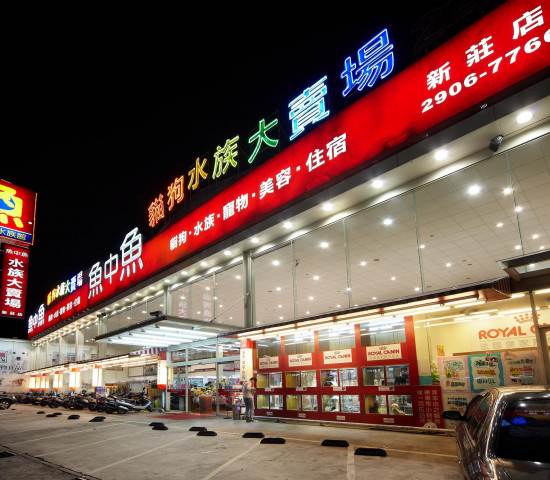
Euromonitor

Euromonitor,…



 Menü
Menü

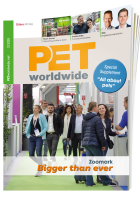



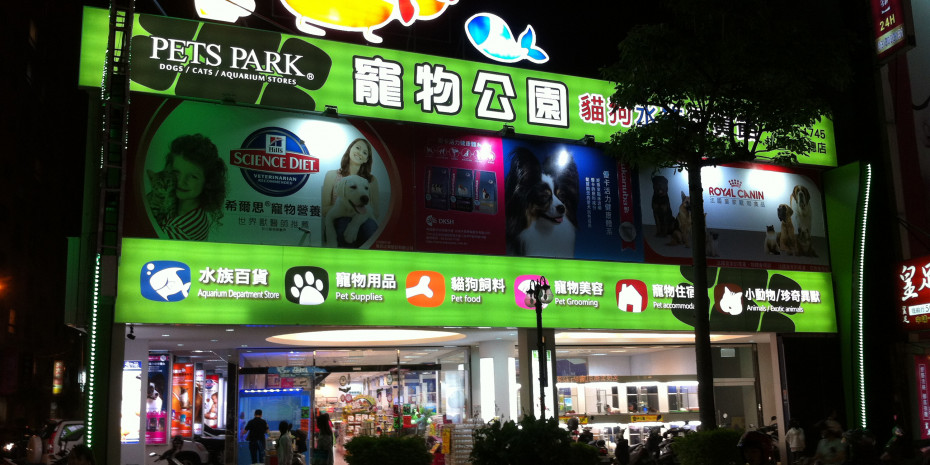





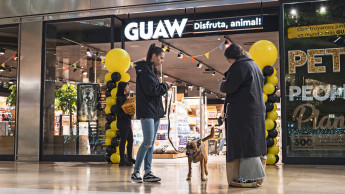

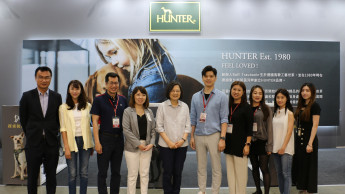
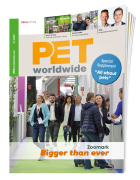
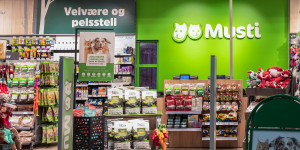



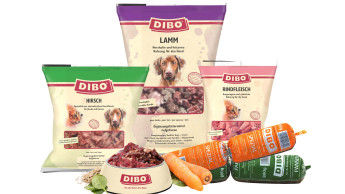
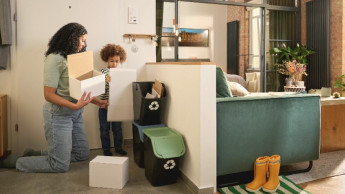
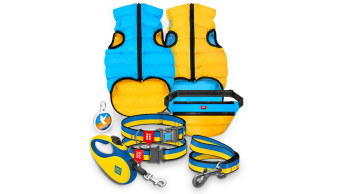
 Newsletter
Newsletter